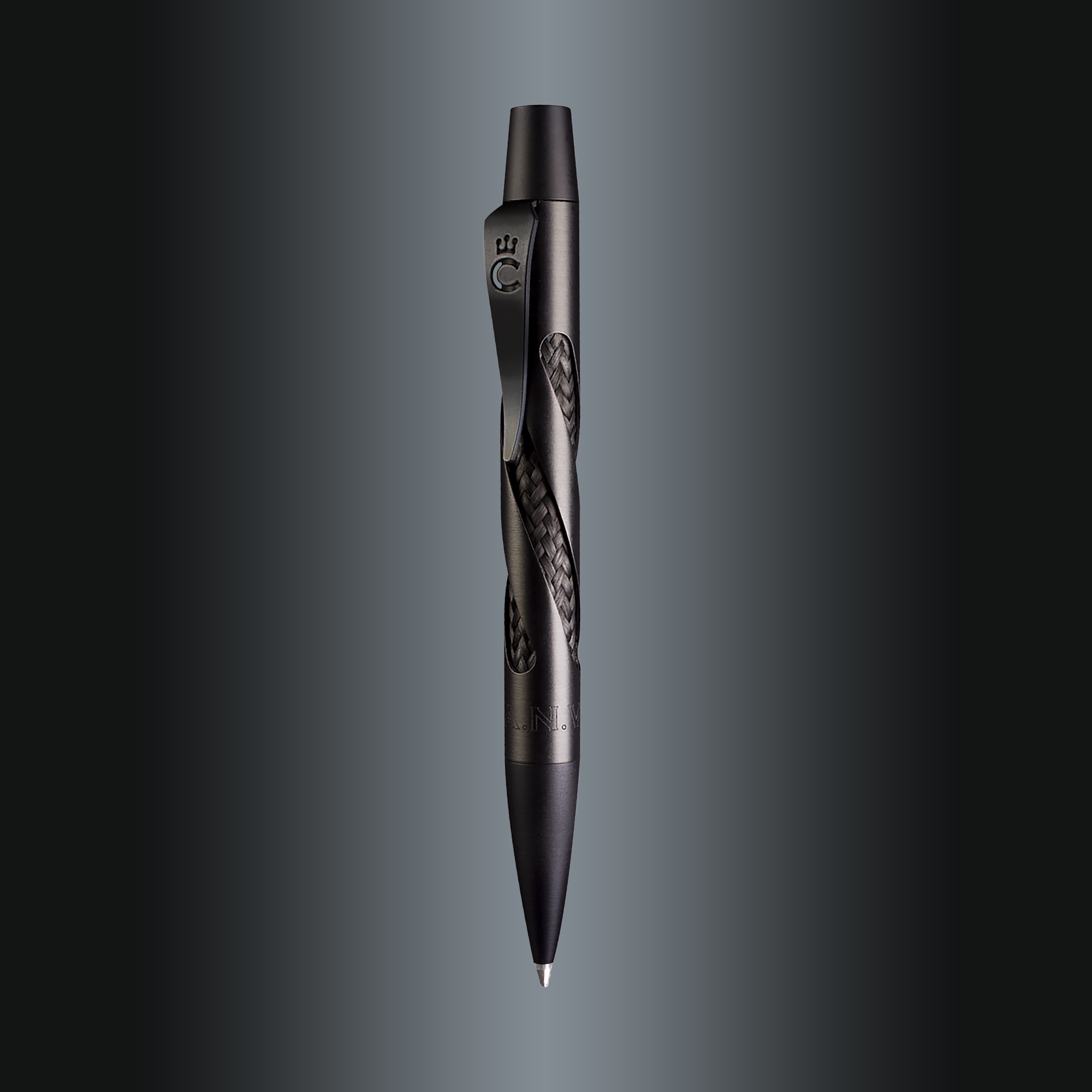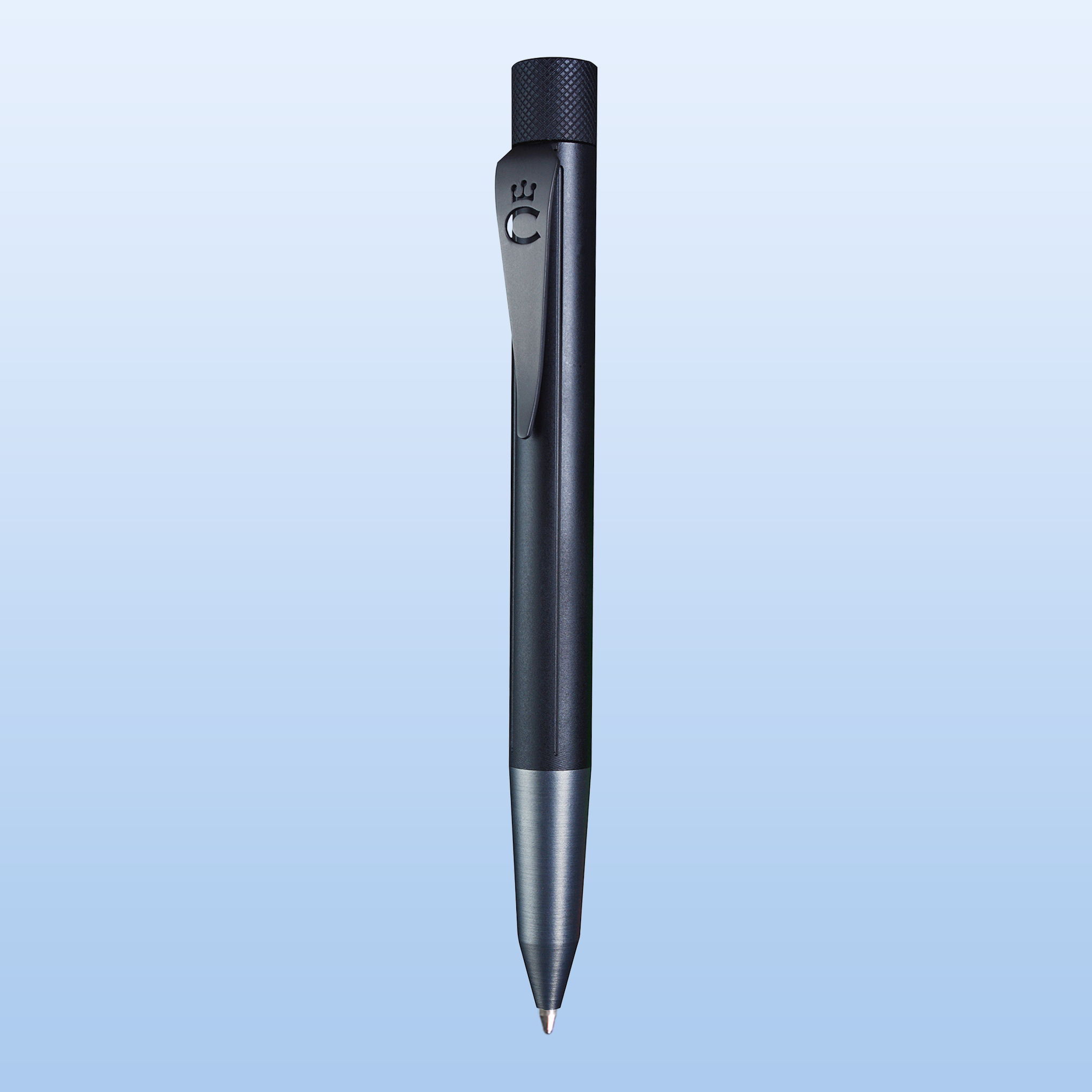How to write a journal

- Introduction to Journaling
- Benefits of Journaling
- Types of Journals
- How to Start Journaling
- Journaling Prompts
- Journaling Techniques
- Tips for Effective Journaling
- Conclusion
Introduction to Journaling
Journaling is the practice of keeping a diary or journal that explores thoughts and feelings surrounding events in your life. It's a powerful tool for self-reflection, personal growth, and creativity.
Benefits of Journaling
Journaling offers numerous benefits:
- Emotional Catharsis: Writing about your feelings can provide a sense of relief and help you process emotions.
- Enhanced Creativity: Keeping a journal can stimulate your creativity by providing an outlet for self-expression.
- Improved Mental Clarity: Journaling can help organise your thoughts, leading to improved mental clarity and problem-solving skills.
- Stress Reduction: Expressive writing can help reduce stress by providing a healthy outlet for negative emotions.
- Personal Growth: Regular journaling can lead to increased self-awareness, personal insight, and growth.
Types of Journals
1. Personal Journal
The most common type of journal, where you can write about your day, thoughts, and experiences. It's a space for you to freely express yourself without any constraints.
2. Gratitude Journal
A journal dedicated to listing things you're grateful for, fostering a positive mindset. Gratitude journaling can help shift your focus towards the positive aspects of your life.
3. Dream Journal
Record and analyze your dreams to gain insights into your subconscious mind. Dream journaling can help you understand recurring themes and patterns in your dreams.
4. Travel Journal
Document your travels, experiences, and the places you visit. A travel journal can help you preserve memories, reflect on your adventures, and plan future trips.
5. Art Journal
Combine journaling with creative expression through art, such as drawing, painting, or collage. Art journaling allows you to visually document your thoughts, feelings, and experiences.
6. Bullet Journal
A system of rapid logging to keep track of tasks, events, and notes in a customizable format. Bullet journaling can help you stay organised, set goals, and track habits effectively.
7. Reflective Journal
A journal where you reflect on past events, your reactions, and what you've learned. Reflective journaling can help you gain insights into yourself, your relationships, and your experiences.

How to Start Journaling
-
Choose Your Journal: Select a journal that suits your style and preferences. Whether it's a traditional paper journal, a digital journaling app, or a bullet journal, choose a format that feels comfortable to you.
-
Set a Time: Set aside a specific time each day for journaling. Whether it's first thing in the morning, during your lunch break, or before bed, consistency is key.
-
Find Your Style: Experiment with different journaling styles and techniques to find what works best for you. Whether it's free writing, list-making, or artistic expression, there are no rules when it comes to journaling.
-
Write Freely: Remember that your journal is a judgment-free zone. Write whatever comes to mind without worrying about grammar, spelling, or punctuation. The goal is to express yourself freely and honestly.

Journaling Prompts
- Describe your perfect day in detail.
- Write about a time you overcame a fear or challenge.
- List 10 things you're grateful for today and why.
Journaling Techniques
- Stream of Consciousness: Write continuously without censoring or editing yourself. Let your thoughts flow freely onto the page.
- Mind Mapping: Create visual diagrams to explore ideas, concepts, and connections.
- Freewriting: Set a timer and write non-stop for a set period, allowing your thoughts to flow without interruption.
- Lists: Make lists of anything and everything, from goals and aspirations to things that make you happy.
Tips for Effective Journaling
- Be Consistent: Make journaling a daily habit by setting aside dedicated time each day.
- Write Honestly: Don't censor yourself or worry about what others might think. Your journal is for your eyes only.
- Experiment with Different Styles: Don't be afraid to try new journaling techniques and styles to keep things interesting.
- Use Prompts: If you're ever stuck for what to write, use journaling prompts to spark your creativity and inspire new ideas.
Conclusion
Journaling is a powerful tool for self-reflection, personal growth, and creativity. Start your journaling journey today!









